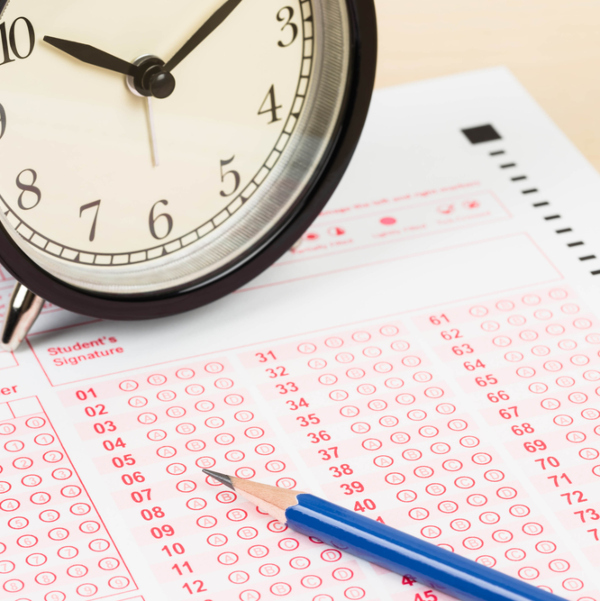Harvard Law grad loses suit claiming lack of bar exam accommodations nixed her BigLaw career

Image from Shutterstock.
A federal judge has tossed a lawsuit filed by a New York lawyer who claims that she failed the bar exam on her first two tries because of disability bias by the New York State Board of Law Examiners.
U.S. District Judge Raymond J. Dearie of the Eastern District of New York ruled July 19 that the board is an arm of the state that is entitled to 11th Amendment immunity from the lawyer’s claim under Title II of the Americans with Disabilities Act, Law360 reports.
The lawsuit was filed in June 2016 by a lawyer who graduated from Harvard Law School and is now identified in court documents as T.W. The suit claimed that bar examiners’ failure to accommodate T.W.’s disability led to her firing at Ropes & Gray. T.W. passed the bar exam on her third try in 2015 after she was given double time to take it.
T.W. had sought the accommodations for anxiety and cognitive deficits caused by an incident in an all-terrain vehicle.
The ADA issue was the last remaining claim in T.W.’s lawsuit. The 2nd U.S. Circuit Court of Appeals at New York ruled in April 2021 that bar examiners could not be sued under Section 504 of the Rehabilitation Act, which bans disability discrimination by programs or activities receiving federal financial assistance. The board does not receive federal funding, the appeals court said.
In ruling on T.W.’s ADA claim, Dearie said Congress attempted to abrogate state immunity in ADA Title II suits for money damages, but it wasn’t constitutionally valid. Congress can eliminate immunity under its authority to enforce the 14th Amendment, but in T.W.’s case, there is no alleged 14th Amendment violation, Dearie said.
The decision is in accord with a number of district courts that have considered the issue, Dearie said.
Dearie also turned down T.W.’s request for injunctive relief that would prevent law examiners from reporting records of her exam results, partly because expungement would not address the alleged harm.
“T.W. submits that she faces continuing injury because the record of her bar examination failures has hindered her job search and career prospects,” Dearie wrote. “But T.W. never alleges that a prospective employer has inquired about her bar examination record, much less made a hiring decision based on that record. Instead, she alleges that law firms have learned ‘that she did not have the opportunity to gain the experience they seek from a 2013 graduate due to the disruptions caused by her bar examination failure.’ … The court cannot rewrite history; expungement will neither alter T.W.’s level of experience nor undo the fact that she did not successfully pass the bar until 2015. Moreover, the injunctive relief T.W. requests would suppress a record that, according to the board, it is prohibited from disclosing to employers.”
The case is T.W. v. New York State Board of Law Examiners.
See also:
ABAJournal.com: “Bar examinees have little success with accommodation requests and say the process is stressful”
Write a letter to the editor, share a story tip or update, or report an error.



